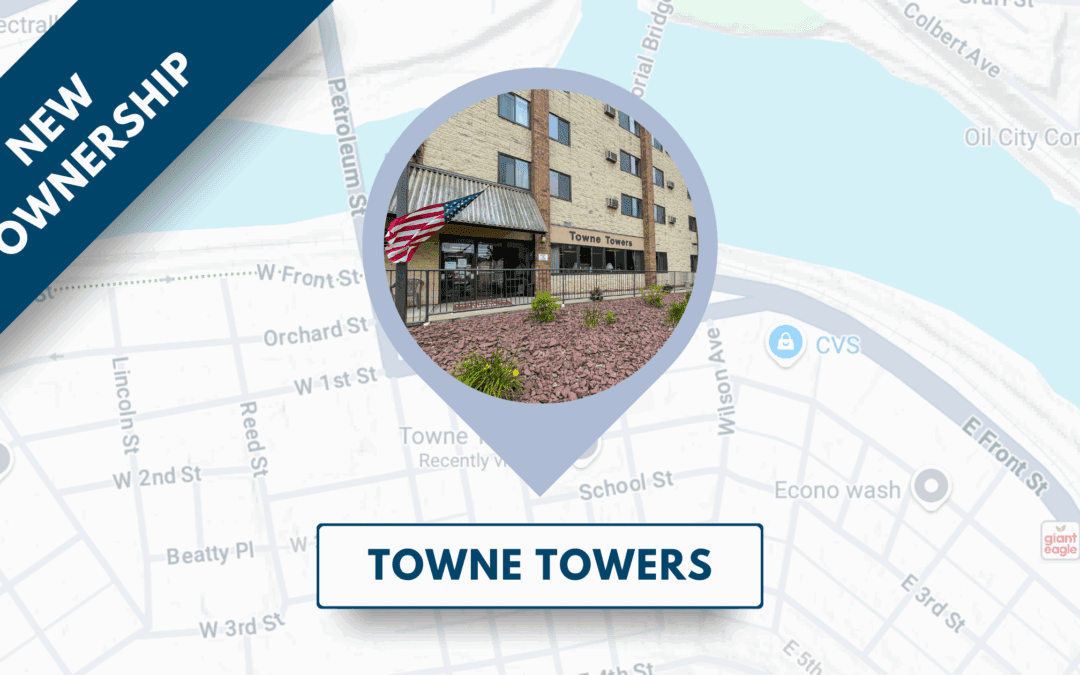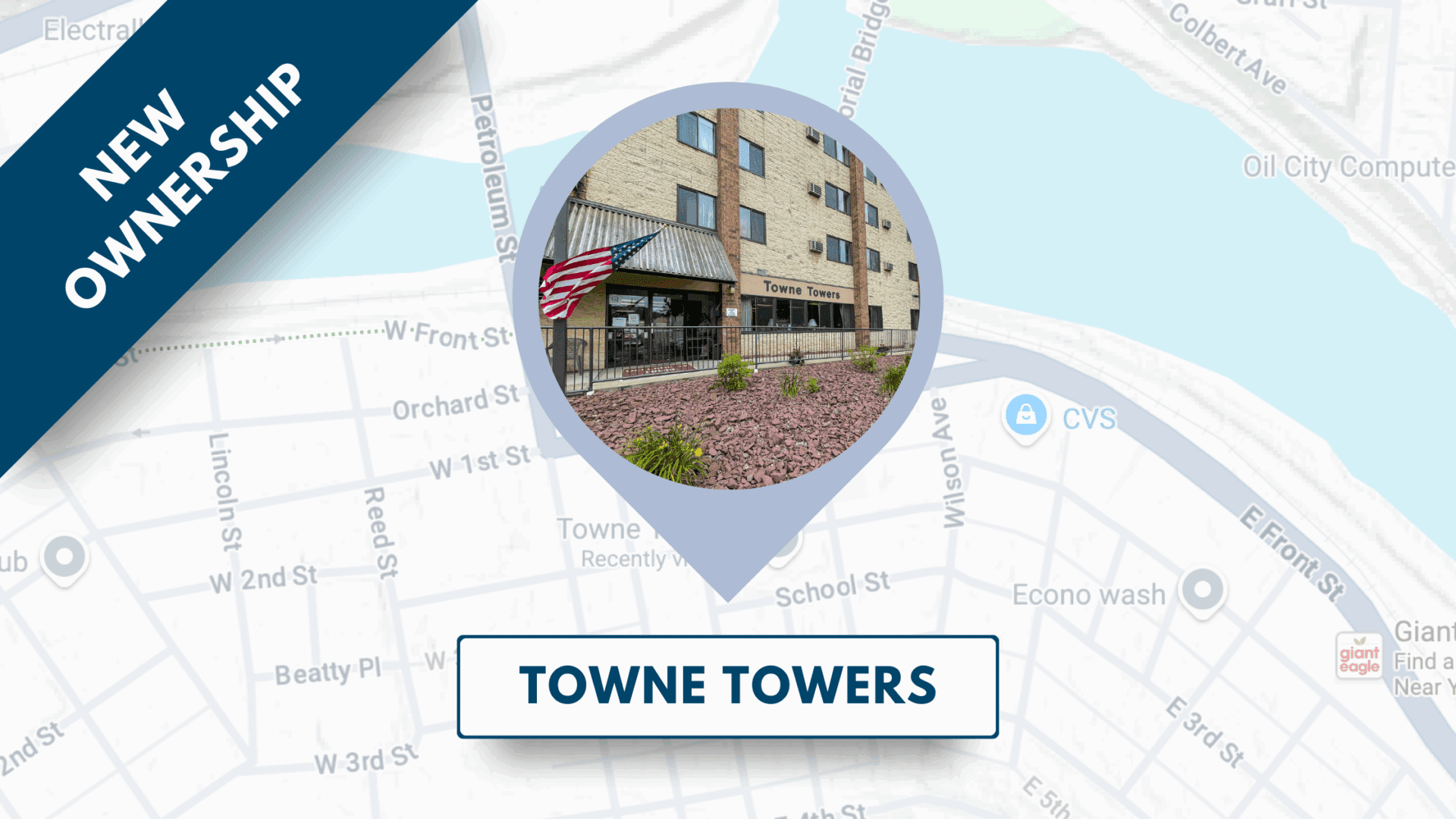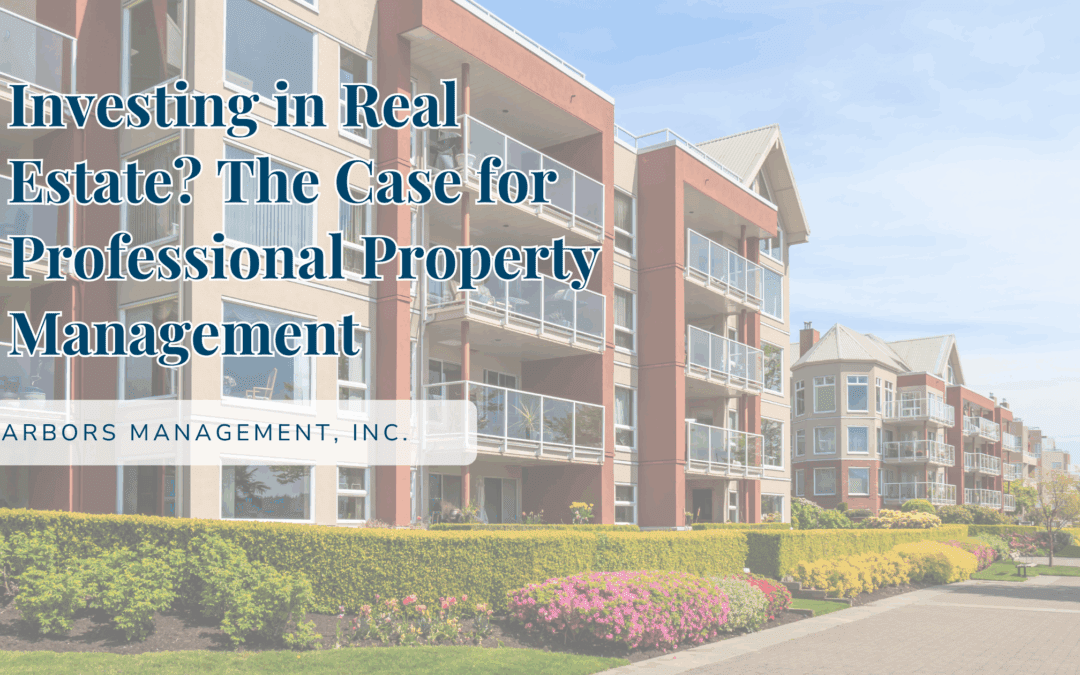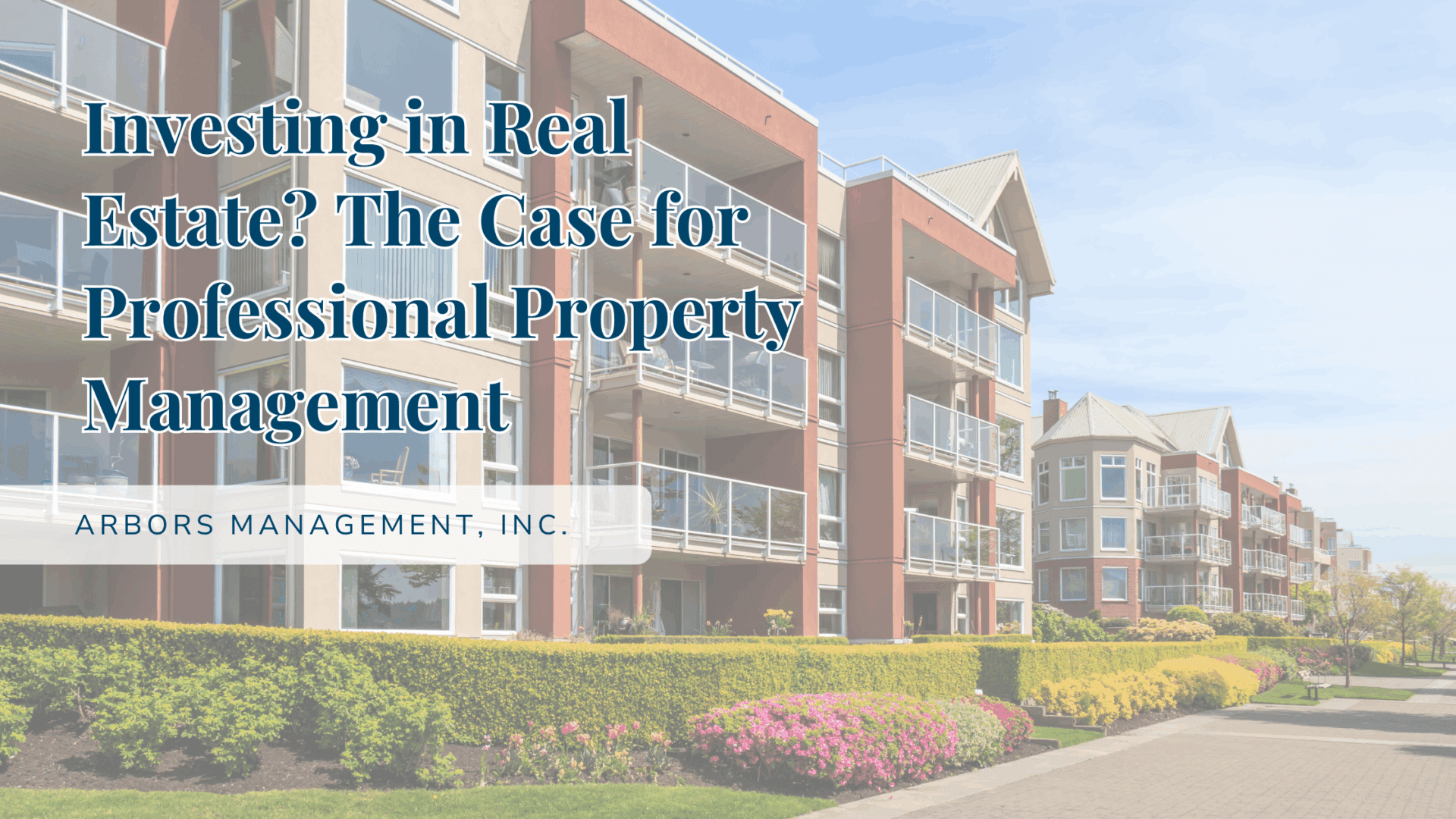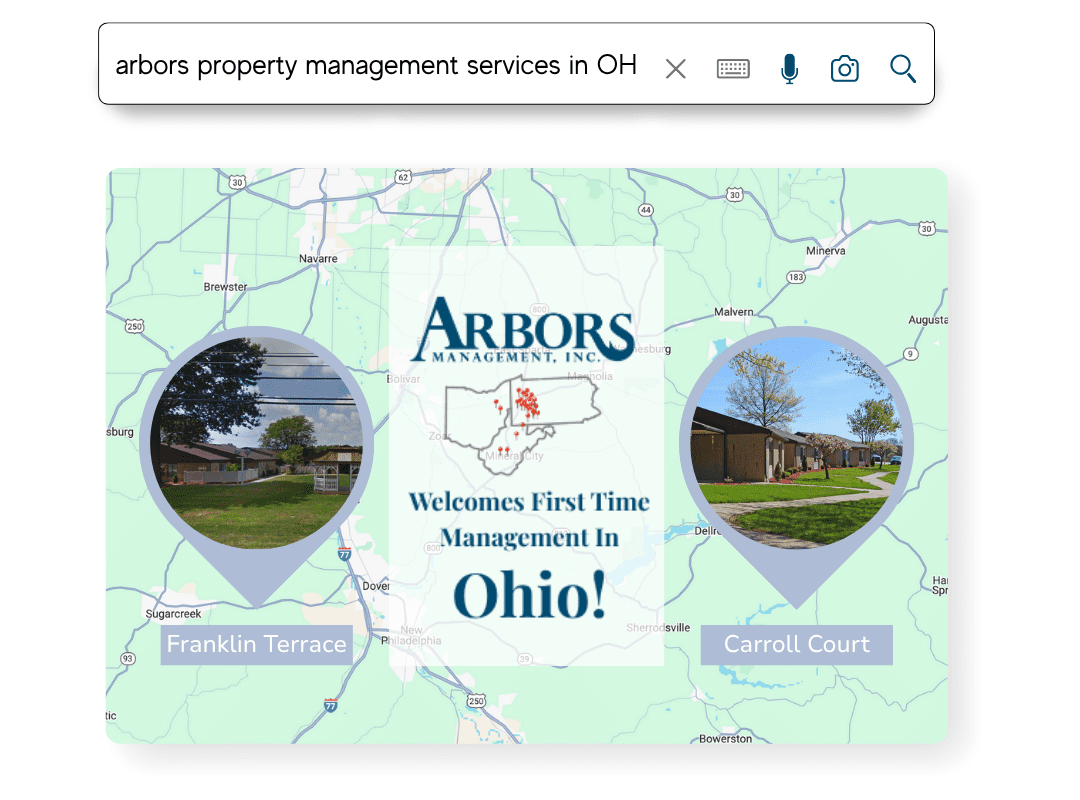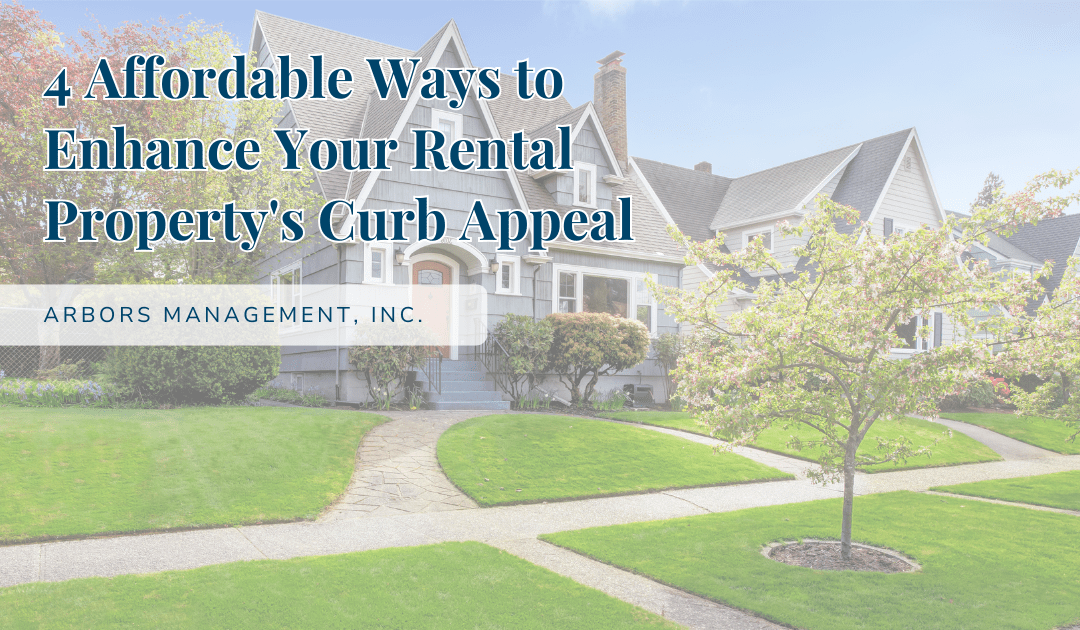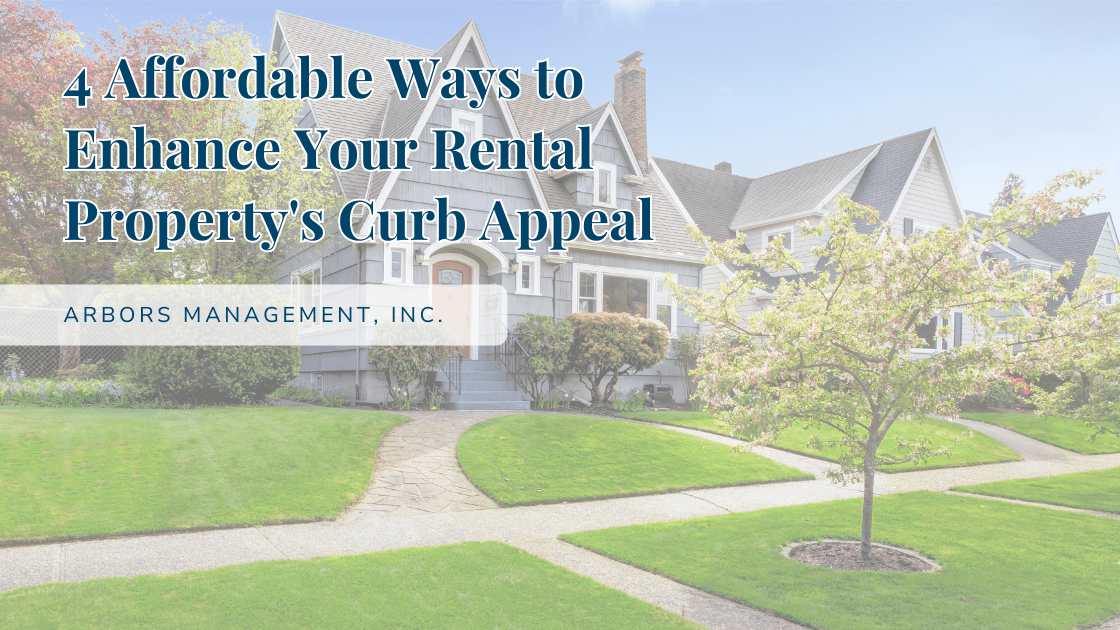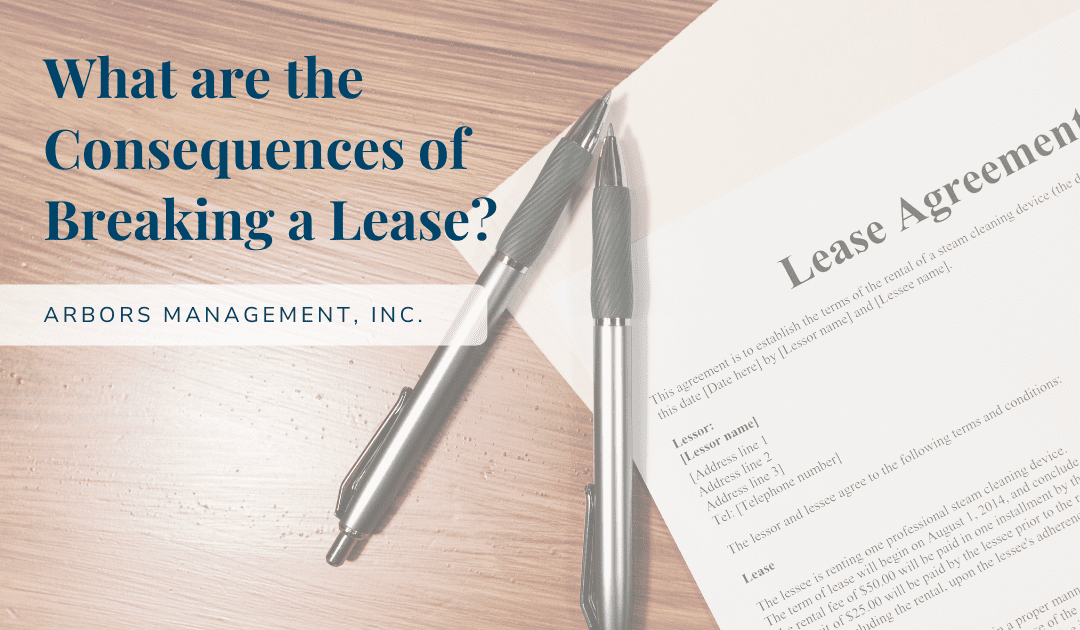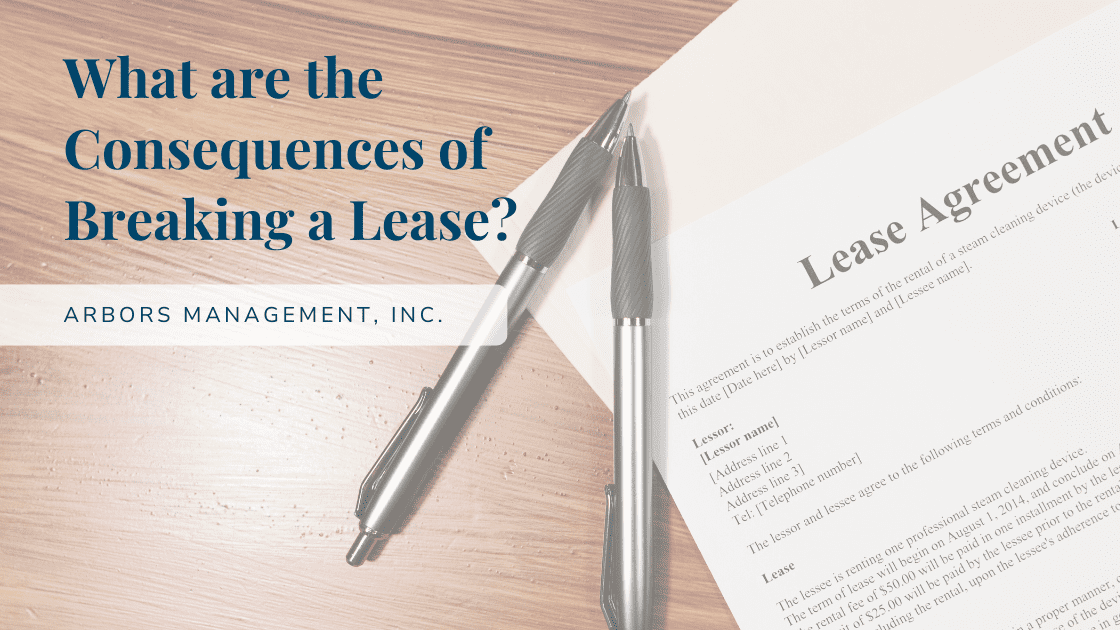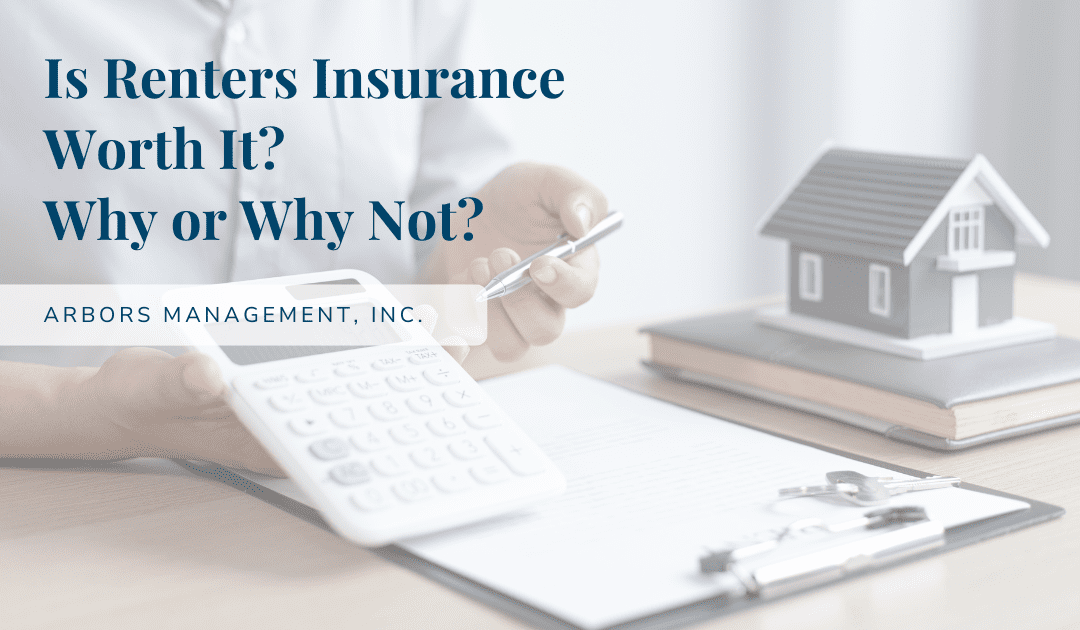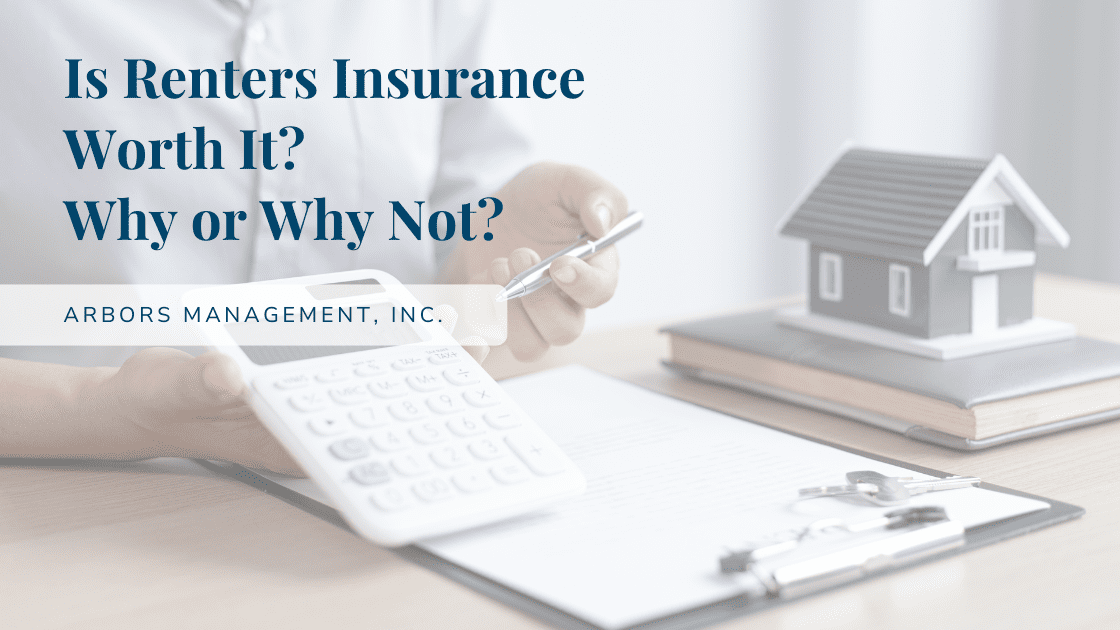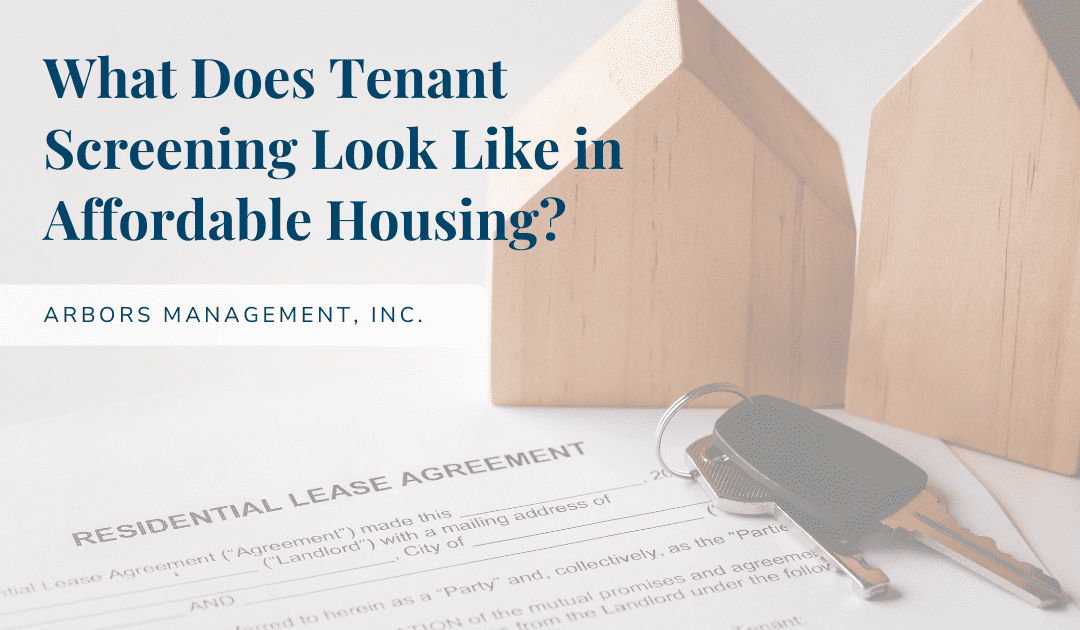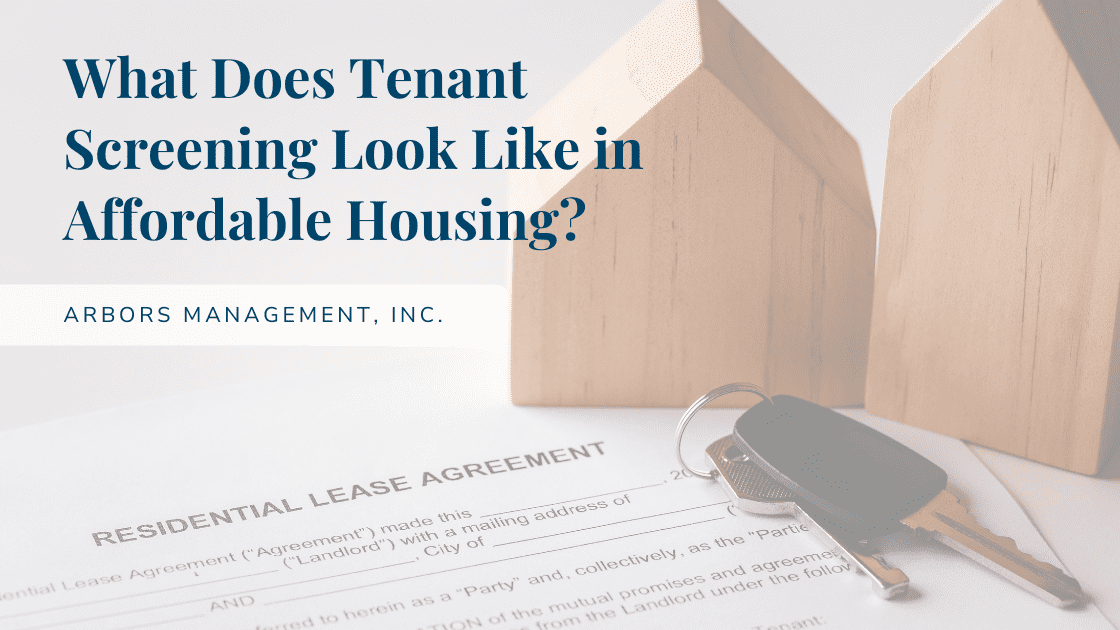
by Andrea F | Dec 8, 2025 | Blog, Featured Posts, Uncategorized

Unveiling the Holiday Magic of Pittsburgh
Pittsburgh becomes a stunning destination during the Christmas season, offering many activities that include beautiful light displays, festive markets, and theatrical performances that showcase unique local experiences. Here’s a list of some must-see attractions in this wonderful city:
Ice Skating at the UPMC Rink at PPG Place
Experience the joy of skating at the Pittsburgh Ice Rink, located at PPG Place, where a magnificent Christmas tree stands proudly at its heart.
Pittsburgh Ballet Theater
A cherished tradition for many in Pittsburgh! Watch Marie and the Nutcracker Prince as they embark on an unforgettable journey through the snow into the enchanting Land of Enchantment.
Peoples Gas Holiday Market
Join in the festive spirit at the annual Peoples Gas Holiday Market in Downtown Pittsburgh. Here, you can find gifts for others (or yourself), enjoy live music, and wander through an illuminated Market Square filled with charming wooden chalets showcasing high-quality gifts and holiday experiences enriched with international flair and local character.
Kennywood Park Holiday Lights
Amusement parks aren’t only for soaking up the summer sun while riding roller coasters. Experience the magic of the Kennywood Holiday Lights at this historic amusement park! With over two million sparkling lights, merry rides, and let’s not forget, Pennsylvania’s tallest Christmas tree, it’s a festive spectacle not to be missed!
Phipps Conservatory and Botanical Gardens
Experience Phipps Holiday Magic! This year’s theme, “Wild Winter,” welcomes you to a whimsical wonderland filled with delightful gardens and captivating scenes at every corner. Inside, you’ll discover new displays featuring stunning displays and floral masterpieces. Don’t miss the outdoor Winter Light Garden, showcasing an array of illumination.
Dazzling Nights at Pittsburgh Botanic Garden
Put on your comfy shoes and prepare for a mile-long stroll. Enjoy a stunning natural wonderland with a million lights. Discover enchanting attractions like tunnels of stars, vibrant forest creatures, and the captivating charm of nightly snowfall. Plus, enjoy live entertainment throughout the evening. This is an enchanting experience you won’t want to miss!
Captivating Holiday Window Displays
You’ll never run out of things to do during the Christmas season in Pittsburgh, with so much entertainment and activities available to share with family and friends. In fact, we couldn’t possibly list them all. Whether you decide to enjoy one, a few, or all of these fun options, you’re bound to be wonderfully impressed.
Wishing you Happy Holidays from all of us at Arbors Management!

by Andrea F | Nov 11, 2025 | Blog, Featured Posts, Owner Resources, Property Management Education

Understanding the Criteria for Assistance Animals in Rental Housing
Navigating the complexities of assistance animals in rental properties can be challenging for both landlords and tenants. The regulations are primarily dictated by federal laws, such as the Fair Housing Act (FHA), rather than individual landlord preferences or blanket “no pets” policies.
Here’s a concise overview of the essential criteria and requirements for allowing an assistance animal in a rental property.
-
Assistance Animal vs. Pet
The first key distinction is that an “assistance animal” is not classified as a pet. Instead, it is an animal that works, assists, or performs tasks for someone with a disability. It may also offer emotional support that alleviates symptoms or effects of that disability. Under the FHA, landlords are required to make reasonable accommodations for individuals with disabilities. This can include permitting assistance animals even in the presence of a “no pets” policy, unless it poses an undue burden or direct threat.
-
The Definition of Disability
According to the FHA, a person with a disability is defined as an individual with a physical or mental impairment that significantly limits one or more major life activities. The accommodation pertains to the individual’s disability, and the animal plays a crucial role in that accommodation.
-
The Two Main Types of Assistance Animals
There are two primary categories of assistance animals:
Service animals are typically dogs specifically trained to perform tasks directly related to a person’s physical, sensory, psychiatric, intellectual, or other mental disabilities. Examples include guide dogs for the visually impaired, hearing dogs, or dogs trained to detect seizures.
-
- Key Point: For service animals, landlords cannot inquire about the individual’s disability, require a demonstration of the animal’s training, or request documentation of the disability or training.
-
Emotional Support Animals (ESAs)
ESAs provide emotional or mental support that alleviates the symptoms of a disability, but they do not require specialized task-oriented training. The focus here is the therapeutic benefit the animal delivers to the individual’s well-being.
-
- Key Point: For ESAs, landlords can request reliable documentation confirming the individual’s disability (but not the specific disability itself) and the necessity of the animal, typically in the form of a letter from a qualified healthcare professional.
-
Documentation and Verification
Landlords may seek verification for an ESA if the disability is not immediately apparent. This documentation should:
- Be supplied by a healthcare professional (doctor, therapist, psychiatrist, social worker, etc.) treating the individual for their disability.
- Confirm that the individual has a disability as defined by the FHA.
- Indicate that the animal is necessary for support or tasks related to that disability.
- Important: The documentation does not need to specify the exact disability, just its presence and the need for the animal as part of the accommodation.
-
Reasonable Accommodations and Exceptions
Landlords must allow the animal unless specific conditions are met. They can deny a request for an assistance animal if it can be demonstrated that:
- The animal poses a direct threat to the health or safety of others that cannot be mitigated by other reasonable accommodations.
- Granting the request would create significant administrative or financial burdens (an “undue burden”).
- The animal would cause substantial physical damage to the property of others.
- Note: Allergies or a generalized fear of animals from other tenants are typically not sufficient grounds for denial under the FHA.
-
Tenant Responsibilities
While landlords are obligated to accommodate the animal, tenants remain responsible for:
- The animal’s behavior (e.g., preventing excessive noise or damage to common areas).
- Cleaning up after the animal (waste disposal).
- Any damage caused by the animal that exceeds normal wear and tear.
In summary, the criteria for assistance animals in rentals focus on a verified need associated with a disability. Not the animal’s training or classification as a “pet.” Understanding these federal guidelines promotes compliance and fair practices for all parties involved. Should you have further questions about this subject in relation to your investment properties, or if you prefer someone to handle this for you, we are here to help! Please reach out to us at 1-800-963-1280 or at contact@arbors.com.

by Andrea F | Oct 14, 2025 | Blog, Featured Posts, Press Releases, Property Spotlights

Find Your Perfect Home in Coraopolis, PA
By: Andrea Faulk
Gallery Gardens
This beautifully renovated apartment building is a luxurious new addition to Coraopolis, PA, offering an opportunity you won’t want to miss. With 29 units available, here are some of the fantastic amenities you can enjoy:
- A modern gym
- Ample storage space
- An outdoor garden gazebo
- Indoor and outdoor security systems
- Striking 10-foot ceilings
- A private dog park
- And much more!
Conveniently located just 8 miles from Pittsburgh Airport, this property is ideally positioned in the business district, close to shops, restaurants, and various amenities!
We are excited to announce that we are now accepting applications and deposits. Don’t miss out on the opportunity to discover your perfect home! Reach out to Vivian, the Senior Portfolio Manager & Leasing Specialist at Gallery Gardens, Arbors Management, Inc.
📧 Email: VivianP@arbors.com
📲 Phone: 412-254-8056
Our Open House is coming up soon! Stay tuned and check out our Facebook page, Instagram, or website for further details.

by Andrea F | Oct 1, 2025 | Blog, Featured Posts, Investment Rental Property, Low Income Tax Credit Housing, Project Based Section 8 Housing, Property Spotlights, Uncategorized

By: Andrea Faulk
Arbors Management is well-known for its impressive and consistent growth year after year. Recently, they have partnered with the new ownership team of the Towne Towers building in Oil City, Pennsylvania, as part of their latest expansion efforts.
This collaboration aims to implement significant enhancements to the building and the surrounding community. With over 40 years of expertise in property management, Arbors Management is dedicated to preserving and improving Affordable Housing in Pennsylvania, West Virginia, and Ohio.
In July 2022, Arbors Management, Inc. assumed management of Towne Towers. Since then, numerous positive changes have been introduced, including the hiring of full-time office and maintenance staff to better serve residents.
In collaboration with the new ownership team, Arbors Management, Inc. plans to invest more than $2,000,000 in renovations and upgrades for the building. This initiative aims to enhance the living experience for both current and prospective residents.The planned upgrades include:
- A new roof
- Modernized elevators
- An upgraded fire panel
- New kitchens and bathrooms
- Full building Wi-Fi
- A new camera system
- New HVAC systems
- Improved accessible units
- And much more!
Towne Towers is a 100-unit Project-Based Section 8 apartment complex designated for elderly and disabled individuals, conveniently located in the heart of Oil City, Venango County. To learn more about Towne Towers, please visit our website.
If you are interested in becoming a resident of Towne Towers, feel free to call 814-676-9315 or email TowneTowers@Arbors.com.

by Andrea F | Aug 12, 2025 | Blog, Featured Posts, Investment Rental Property, Owner Resources, Property Management Education, Rent Collection, Rental Price

Investing in Real Estate? The Case for Professional Property Management
By: Andrea Faulk
Real estate investment is often heralded as an excellent avenue for generating passive income. However, the reality of being a landlord can quickly turn that “passive” income into an active and demanding endeavor. Managing properties involves a multitude of tasks that can be both time-consuming and stressful. This is where a professional property management company can become an invaluable asset for investors.
Here’s a deeper look into why experienced investors often choose to partner with property management experts:
1. Expertise and Efficiency for Optimal Returns
-
Tenant Screening and Placement: Finding reliable tenants is crucial. Property management companies use comprehensive screening processes, including background and credit checks, employment verification, and rental history evaluations, to ensure quality residents occupy your property.
-
Optimal Rental Pricing: Setting the right rent requires a delicate balance. Property management companies conduct thorough market analyses to competitively price rentals, maximizing income while minimizing vacancies.
-
Effective Marketing: Ensure that marketing reaches the right audience to successfully fill vacancies with the ideal candidates.
2. Time Savings and Stress Reduction
-
Delegating Day-to-Day Operations: Managing a property can feel like a second full-time job. A property management company handles everything from maintenance calls to rent collection, freeing up your time for other ventures.
-
Streamlined Processes: Property management companies establish efficient systems for rent collection, maintenance requests, and accounting. They often offer online portals for tenant payments and financial reporting.
-
Peace of Mind: Knowing professionals are handling all aspects of your investment offers peace of mind, allowing you to enjoy ownership benefits without the headaches.
3. Protecting Your Investment and Minimizing Risks
-
Legal Compliance: Landlord-tenant laws are complex and ever-changing. Property management companies stay informed on legal requirements, ensuring compliance and reducing the risk of costly lawsuits or penalties.
-
Preventive Maintenance: Regular inspections and proactive maintenance are vital for preserving property value. Property management companies schedule routine maintenance and address repairs promptly, often with access to discounted contractor rates.
-
Dealing with Difficult Situations: Property management companies have the experience to handle challenging situations like late rent payments or evictions, minimizing financial losses and emotional strain.
4. Enhanced Tenant Retention and Satisfaction
-
Prompt Responses to Needs: Quick response to tenant concerns and maintenance requests leads to higher tenant satisfaction and retention, reducing turnover and vacancies.
-
Improved Tenant Relations: Professional and consistent tenant interactions foster positive relationships, leading to longer tenancies and a stable income stream.
In summary, although self-management may seem like a cost-effective option, the time investment, legal liabilities, and risk of expensive errors can outweigh any perceived financial benefits. Engaging a professional property management company enables you to utilize their expertise, enhance operational efficiency, safeguard your investment, and optimize your returns, all while enjoying a more passive income stream. A property management company can truly become your most valuable asset.
If you need help managing your property, that’s what we’re here for! Please reach out to us at 1-800-963-1280 or at monroeville@arbors.com.

by Andrea F | Jun 18, 2025 | Blog, Featured Posts, Low Income Tax Credit Housing, Press Releases, Project Based Section 8 Housing

Arbors Management Expands to Ohio- We are thrilled to share the news of our recent management of two new Senior/Affordable Housing properties: Carroll Court and Franklin Terrace, situated in Carrollton and Strasburg, Ohio. This represents Arbors’ first management venture in the state of Ohio, and we are immensely proud of our continuous growth and accomplishments.
Situated in Carrollton, OH, Carroll Court features 60 single-story, garden-style units featuring one and two bedroom units. This property sits in a beautiful setting with a wonderful community building, and plenty of outdoor space, along with storage units for each apartment.
Just a short drive away, in Strasburg, Ohio, lies Franklin Terrace Senior Apartments. This community features garden-style units, offering a total of 79 one and two bedroom apartments. Each equipped with private patios perfect for relaxation, along with a spacious community room for gatherings.
With new ownership and management in place, these properties will undergo nearly $1.5 million dollars in upgrades over the coming twelve months including new roofs, new parking lots, new kitchens, accessibility upgrades, mechanical upgrades, community room upgrades, and more!
Since 1982, Arbors Management, Inc. has developed a portfolio of over 4,000 residential units, encompassing both Market-Rate and Affordable Housing, throughout Western PA and West Virginia, and now Ohio. We are eager to continue growing in all regions. Everyone at Arbors Management is excited about this expansion and looks forward to what the future holds!
If you’d like to explore how Arbors Management can help you manage your property, please visit our website to learn more about our services at our website.

by Nicole Scimio | May 2, 2025 | Blog, Featured Posts, Investment Rental Property, Owner Resources, Property Management Education, Rental Price, Uncategorized

4 Affordable Ways to Enhance Your Rental Property’s Curb Appeal
By: Nicole Scimio
Whether your rental property has curb appeal or not is incredibly important.
It can significantly impact how many applicants you draw in, who you attract, and even the amount you can charge for rent.
But with an investment property, it can be hard to keep up with appearances.
Trends change, things wear down – time takes its toll on a place.
Sometimes, a full renovation sounds great but just isn’t within your budget.
Not to worry, though!
There are plenty of ways to kick your property’s curb appeal up a notch – and with Spring finally here, now’s the time!
We’ve gathered up a few inexpensive and minimally involved ways for you to update your rental property without breaking the bank.
Tip #1: Replace Old Hardware
Refreshing your hardware doesn’t have to be difficult or expensive!
Is the doorknob or door knocker starting to delaminate from years of use and weathering?
Run to your local hardware store, pick a metallic finish that complements your property’s color scheme, and grab some new hardware in matching finishes.
You can also consider updating the porch light fixture and house/unit numbers in a matching finish!
Tip #2: Landscaping Refresh
First thing’s first: cut the lawn, pull weeds, and trim any shrubs you may have.
Add fresh mulch and some beautiful flowers in your landscaping.
You can even plant perennials – flowers that will appear every year. A few examples of perennials include peonies, poppies, black-eyed susans, irises, and more.
You can even consider putting together planters at either side of the entryway to give off a welcoming and homey look.
If you’re looking to take your outdoor revamp even further, add small solar-powered lanterns along the walkway. These are low maintenance and don’t require upkeep or constant battery changes, but add ambience and better sight of the walkway in the dark.
Landscaping can get expensive, but these tips are a fairly quick and low-cost way to revamp your property’s curb appeal.
Tip #3: Add a Fresh Coat of Paint or Stain
Sometimes a fresh coat of paint is all it takes!
Adding a fresh coat of paint or stain on your property’s front door, shudders, and decking if applicable. This small change can make your property look brand new without needing to paint the entire exterior!
Repaint or resurface your mailbox. Sometimes something as small as updating the mailbox you already have can make a world of a difference!
While painting or staining can be time consuming if you opt to do it yourself, the difference it makes is significant! The few hours or days you’ll spend on it will certainly be worth it.
Tip #4: Clean!
Don’t underestimate the power of a good deep cleaning!
Declutter the outdoor area, removing any unnecessary items, picking up any garbage that could have blown through, etc.
You can also powerwash your property’s walkways and driveway. This simple step will make any concrete surface look brand new, and is incredibly satisfying!
Algae growing on your property’s roof or siding? Consider hiring a professional to wash the surface of your investment property and bring it back to life – the difference is massive.
Curb Appeal Can Be Simple
Updating your property’s curb appeal doesn’t have to be intimidating or expensive!
These few tips can help you refresh your property and attract wonderful residents in no time.
If you need help managing your property, that’s what we’re here for! Please reach out to us at 1-800-963-1280 or at monroeville@arbors.com.

by Nicole Scimio | Apr 11, 2025 | Blog, Featured Posts, Owner Resources, Property Management Education, Tenant Education, Tenant Resources, Uncategorized
What Are the Consequences of Breaking a Lease?
By: Brady Merkle

What is a Lease?
When renting an apartment or home, the future occupants and the landlord will need to sign a lease before move-in.
A lease agreement (lease) is a legal document that binds parties to an agreement in which the resident is required to pay to live in housing provided by the landlord. The lease specifies the terms and conditions that both parties must adhere to for a specified period.
Here at Arbors, our lease signing process takes place online for the majority of our market rate units!
Once an applicant has been approved, our management team will send over the lease to the resident through our online portal. This allows our residents to sign and agree at their convenience – it’s simple and easy!
What Does “Breaking a Lease” Mean?
Sometimes the agreements made in a lease are not always followed, whether it be the fault of the occupant(s) or the landlord. When this occurs, it’s called “breaking a lease.”
Breaking a lease means that a party terminated the agreement before the end date of the specified term. The most common lease break is when a tenant moves out of the rental before the end of the lease.
Other instances of lease-breaking can include property damage, failing to pay rent, etc.
It’s also important to note that there is a difference between ‘violating’ and ‘breaking’ a lease.
A violation is less severe and occurs when one of the parties does not adhere to a specified portion of the lease. Examples include not maintaining housekeeping standards or disrupting other residents’ enjoyment of the property (ex: playing loud music late in the evening).
Multiple lease violations will often result in the landlord evicting the renter from the home.
What are the Consequences of Breaking a Lease?
While different management companies or landlords may have different penalties in place, breaking a lease often has financial and/or legal consequences.
For example, if a resident breaks their lease, the landlord may withhold the security deposit and charge additional fees.
Oftentimes, landlords charge fees in order to recuperate the unforeseen loss of income they incur with an unexpected move-out.
Additionally, fees can be charged to cover the cost of repairs for any damage caused to the unit.
These fees are typically depicted in an early termination clause within the lease.
Are the Consequences the Same with Every Landlord?
Every lease is unique. The fee structure may differ from one apartment, landlord, or property management company to another.
If you’ve rented from more than one landlord, you’d likely see differences between those leases if compared.
It’s crucial for all parties to thoroughly read and understand each lease they sign. Never assume that all rental agreement terms are the same!
All parties being on the same page will help avoid confusion and conflict.
Regardless of the structure of the agreement, a serious violation or multiple small violations of the lease can result in eviction from the property.
Will Breaking a Lease Hinder My Ability to Rent in the Future?
The application and approval process that many landlords conduct include credit checks and inquiry about rental history. This often includes references from the applicant’s previous landlord(s).
When the landlord of the unit you’re applying for reaches out to any of your previous landlords, any break of lease or unpaid rent may be revealed through their conversation.
A lease break or eviction is arguably the most significant red flag for landlords during the applicant screening process, often leading to denial.
All in All…
It is crucial for both parties to thoroughly read, discuss, and understand all of the terms of the lease at hand.
Whether you are a renter or landlord, be sure to honor the lease that you signed to the absolute best of your ability.
It’s the right thing to do, and it’ll save you from dealing with legal, financial, and even social repercussions.
If you’re unsure about a portion of your lease, talk to your landlord. They are there to work with you and want you to understand your lease!
If you have any other questions about leases or property rentals, we’d be happy to chat!
Reach out to us here at Arbors Management, Inc. at 800-963-1280 or Monroeville@arbors.com.

by Nicole Scimio | Feb 24, 2025 | Blog, Investment Rental Property, Tenant Education, Tenant Resources
Is Renters Insurance Worth It? Why or Why Not?
By: Trisha Jester

What Is Renters Insurance?
If you’ve ever rented an apartment or home before, you’ve likely run into the phrase “renters insurance.” Renters insurance is often required when renting a dwelling place; what exactly is it, though?
Renters insurance is an affordable way for you to protect your personal belongings in the event that there should be some type of emergency in your unit or building. Just like any other type of insurance (medical, car, homeowners, etc.), it is designed to protect and benefit the policyholder, should any emergency under the umbrella of coverage occur.
Is It Required When Renting an Apartment or House?
Here at Arbors Management, yes, renters insurance is required. Our market-rate units require that you obtain a policy for the safety of both the resident and their belongings as well as sometimes insuring the property. As mentioned in the definition, in the event that there is an emergency in the building or the resident’s unit, the resident’s renters insurance policy will cover the cost of personal items lost in said emergency.
What about for residents in Section 8 or Affordable Housing? The United States Department of Housing and Urban Development (HUD) does not permit us to make renters insurance mandatory on our Section 8 side, but it is highly recommended. Unfortunately, emergencies can happen at any property at any time. Because of this, it’s strongly encouraged to secure protection of your personal belongings, even in Affordable Housing.
While we can’t speak for other landlords, you will likely find that most landlords require renters insurance across the board. No matter who you rent from, be sure to inquire with your property manager about their policies on the matter.
Am I Responsible for Securing the Policy Myself?
Yes, you are responsible for securing it yourself. This is a personal policy that the resident is responsible for, not the landlord. While it may feel like a hassle, these policies are generally inexpensive. Oftentimes, policies cost less than $150 per year! The great thing, though, is that this relatively low expense can cover thousands of dollars of loss.
In order to obtain renters insurance, you can reach out to your current insurance agent that handles any other policies you may have. If they are unable to obtain a policy for you, they will likely be able to put you in contact with someone who can. You can also reach out to your landlord, as they may already have an agent that you can work with.
It also is important to note that your policy goes with you! If you move out of the apartment you originally purchased insurance for, you can transfer it to your new address. Be sure to reach out to your agent during your move to have your policy updated!
What are the Risks of Not Having Renters Insurance?
While securing a policy for your rental may seem unnecessary, there are risks in not doing so. Unfortunately, if your landlord has a fire or water break in the building that leaks into your unit and your belongings get damaged, the landlord’s insurance will not cover your personal losses. The landlord’s insurance will only cover the building structure itself.
Along with loss, you could potentially face fees for not securing a renters insurance policy. As mentioned above, Arbors Management, along with the majority of other property management companies and landlords, require residents to obtain a policy. If residents fail to do so, they could incur penalty fees, eviction, or even a lawsuit from management.
So, Is Renters Insurance Worth It?
Absolutely – renters insurance is worth much more than the small annual fee you pay. Depending on the policy, you could also have coverage for a hotel stay if there is damage to your unit that leaves you displaced. Most landlords won’t pay for your displaced housing, so having that backup is crucial.
Depending on your policy, other structures you have may also be covered such as a storage unit that you rent. For example, my son lived in New York City and had renters insurance. A storage unit he rented in Pennsylvania was broken into and had many items stolen; his renters insurance cut him a check for his lost items. With that, it’s also important to take photos of your personal items. These photos will provide you with evidence and an inventory of your items in case you suffer a loss.
If you have any questions about renters insurance or if you’re an investor looking for a reliable property management company in Southwestern Pennsylvania and surrounding areas, we’re here to help. Reach out to us at monroeville@arbors.com, 1-800-963-1280, or through this contact form to book a free consultation today!

by Nicole Scimio | Jan 27, 2025 | Blog, Featured Posts, Low Income Tax Credit Housing, Owner Resources, Project Based Section 8 Housing, Property Management Education
What Does Tenant Screening Look Like in Affordable Housing?

What is Tenant Screening?
If you know anything about the rental process, you’ve likely heard of landlords screening potential residents after receiving applications. But what exactly is tenant screening?
Tenant screening is the standard practice used to evaluate prospective residents when processing housing applications.
While there is not one perfect screening method that yields perfect results, management often enlist the help of a third-party company. This helps ensure that all boxes are checked and that nothing is overlooked.
At Arbors, our property management staff submits all of the necessary documents to our external screening company. We are able to determine eligibility based on:
- The information provided
- The application received
- Information gathered from the applicant’s prior landlords to verify their rental history
What is a Property Manager Looking for When Screening Applicants?
As a property manager, you likely receive many applications for potential residents at your property. Therefore, it’s important to look at a few different key aspects of someone’s history when considering their application.
When screening applicants, we use screening criteria as well as a Resident Selection Plan. Anyone who meets these criteria is approved for tenancy.
Common factors that managers and screening companies look at in applicants include but are not limited to:
- Current income
- Credit score and history
- Criminal background check
- Eviction history
- Employment history
- Reason for leaving their previous residence
Each of these factors serve as helpful indicators for the management team to determine if the applicant would be a qualified candidate.
Why is Tenant Screening Important?
Tenant screening is important because it provides management with a general overview of the applicant’s history as a resident.
With the information provided, property managers can make educated decisions that help protect the safety of their current tenants, as well as help preserve the integrity of the property(ies). Additionally, you can help ensure that not only is the applicant a good fit for the property, but that the property is a good fit for the applicant.
Here at Arbors, we have a higher retention rate than the average in our industry. We feel that this is in part due to good screening, as well as great care of our residents during their tenancy. Screening properly makes a difference!
What Are the Risks of Not Properly Screening Applicants?
If you don’t screen your applicants appropriately, you risk the chance of having residents that could have a negative impact on your property or other tenants.
One of the main ways that managers make mistakes during screening is not thoroughly examining an applicant’s background and missing vital information.
For example: one common mistake that many property managers make is failing to ask for previous landlord verifications.
By failing to gather those references, whether good or bad, you will not have a clear picture of who you are about to rent to. A previous landlord may be able to warn you of poor payment history, poor housekeeping, and even poor conduct of the applicant in question.
On the other hand, positive references from a previous landlord can provide peace of mind that the applicant may be a good fit for your property. Perhaps they’ll even have a great impact on the property and neighboring community!
At the End…
Tenant screening is a common (and important) practice among property managers! It gives managers a glimpse into a resident’s history and what they could be like as a resident at their property.
Screening applicants helps managers make educated decisions on who is a good fit overall for their property. By looking at multiple aspects of the applicant’s background, you can get a fuller picture of who each applicant is.
Managers are looking for applicants who will bring value to their property and community, and tenant screening helps guide the selection process. Just make sure you are thorough in your research and don’t miss any key details!
If you need help screening applicants or managing your property, please feel free to contact us here at Arbors Management at 1-800-963-1280 or monroeville@arbors.com – we’d be happy to help!







